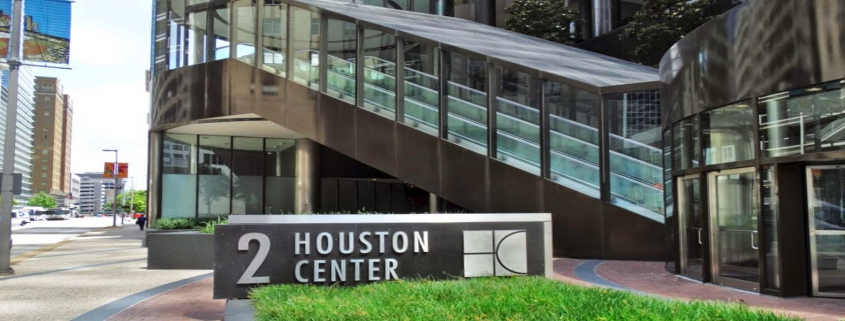Providing better incentives and more financing options are among the ways to encourage commercial building owners to invest in green technology in Houston, a report concludes.
The recent report unveiled at Rice University includes an action plan with recommendations that could apply to a range of buildings, from the smallest strip centers to the tallest towers. The report follows a three-day workshop, the Houston Energy Efficiency in Buildings Laboratory, that brought business and city leaders together in October to discuss how to save energy in the commercial sector by at least 30 percent. The group said this saving would contribute to more than $500 million in the local economy, enough to power 10 midsize power plants.
Houston was one of the first cities in the world targeted for this effort, sponsored by the World Business Council for Sustainable Development and the United States Business Council for Sustainable Development. Previous cities were San Francisco, Shanghai, Mumbai and Warsaw.
William Sisson, co-chair of the World Business Council for Sustainable Development, said some of the same roadblocks found in Houston exist in other cities that have been part of this effort. He said local support is key. “In my experience, the business community is definitely out in front and looking for ways to save cost, enhance the bottom line and make their assets more attractive,” Sisson said. He said the challenges are to communicate to individuals the larger benefit of such investing, ensuring there is adequate capital available for them to do so and making sure that public policy keeps up with what the market is doing.
Good For Society

A condenser pump at 2 Houston Center helps save energy. A report calls for more financing options for green energy. Photo: Gary Fountain, Freelance
The final report essentially argues that it makes business sense to invest in energy-efficient technologies. It also appeals to the public sector, saying that reduced air pollution and improved public health will be a societal good. It focuses primarily on lower-tier building owners who have been more reluctant to invest. Action-plan items include raising awareness of the benefits of energy efficiency in buildings, targeting communications and providing case studies to building owners.
The plan includes financing solutions, such as energy service agreements that reward companies for reducing energy usage, and calls for creating more transparency in collecting energy data on buildings because owners may not have access to their tenants’ energy output. Strategies recommended by the panel include raising awareness through city initiatives and publicizing how much money companies can save through more efficient operations.
Already in Houston, the top tier, or Class A, office buildings compete for LEED certifications and energy-efficient building has become standard. Yet the lower-tier class B and C owners and tenants are less aware of the role and importance of energy efficiency. Those owners also do not have the scale or structure to pursue energy efficiency investments. The report concluded that incentives offered for green building do not do enough for the smaller owners and operators.
Mayor’s Goals
The report said that while Houston has progressive building codes, their reach and enforcement are limited, even as green building has become a focus for Mayor Annise Parker. She announced goals to reduce greenhouse gas emission by80 percent from 2005 levels by 2050. Emissions already have fallen by 32 percent since 2007. The city has also launched the largest LEED-streetlight conversion in the country. The report says Houston is ranked fifth nationally for the number of LEED-certified projects, with 369.
Gavin Dillingham, research scientist with the Houston Advanced Resource Center, which will lead the effort to create awareness and promote new policies in the area, said he hopes to show business owners why energy-efficient practices are good for business and show the government that these practices have societal benefits. “We need to be ahead of the curve and operate as efficiently as possible,” Dillingham said. “There is definitely an opportunity to improve.”
Source: Houston Chronicle







